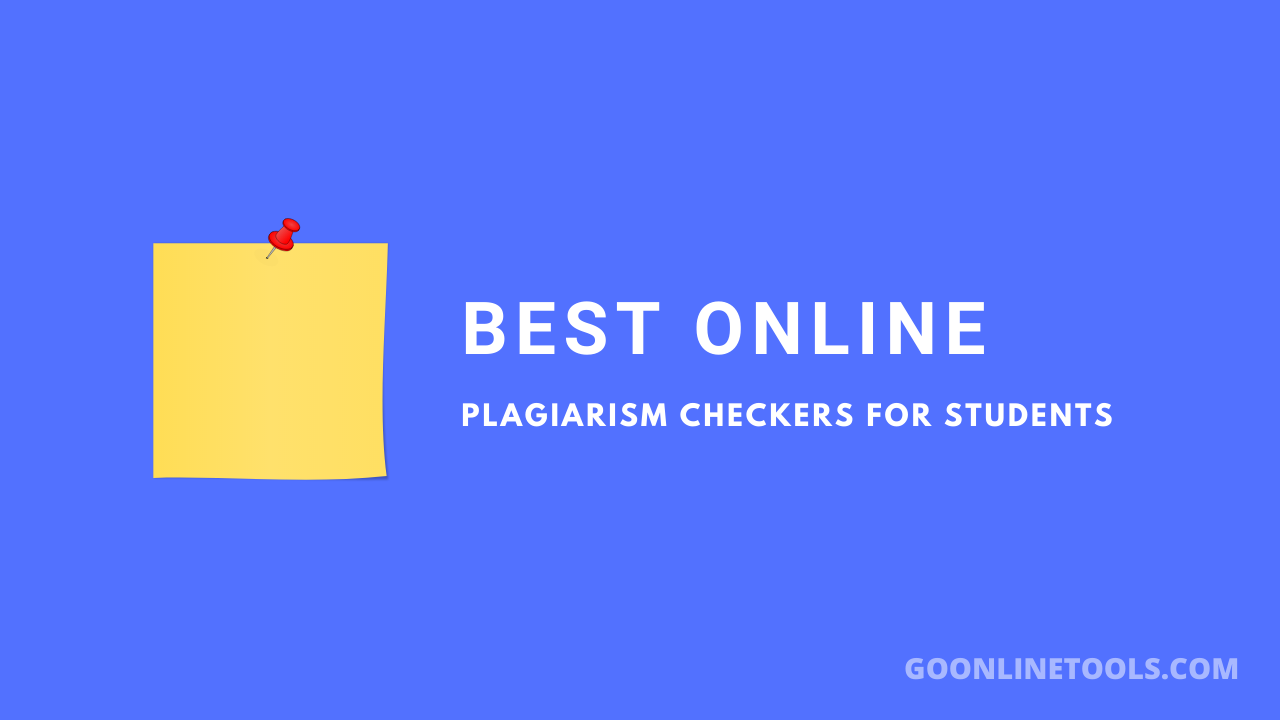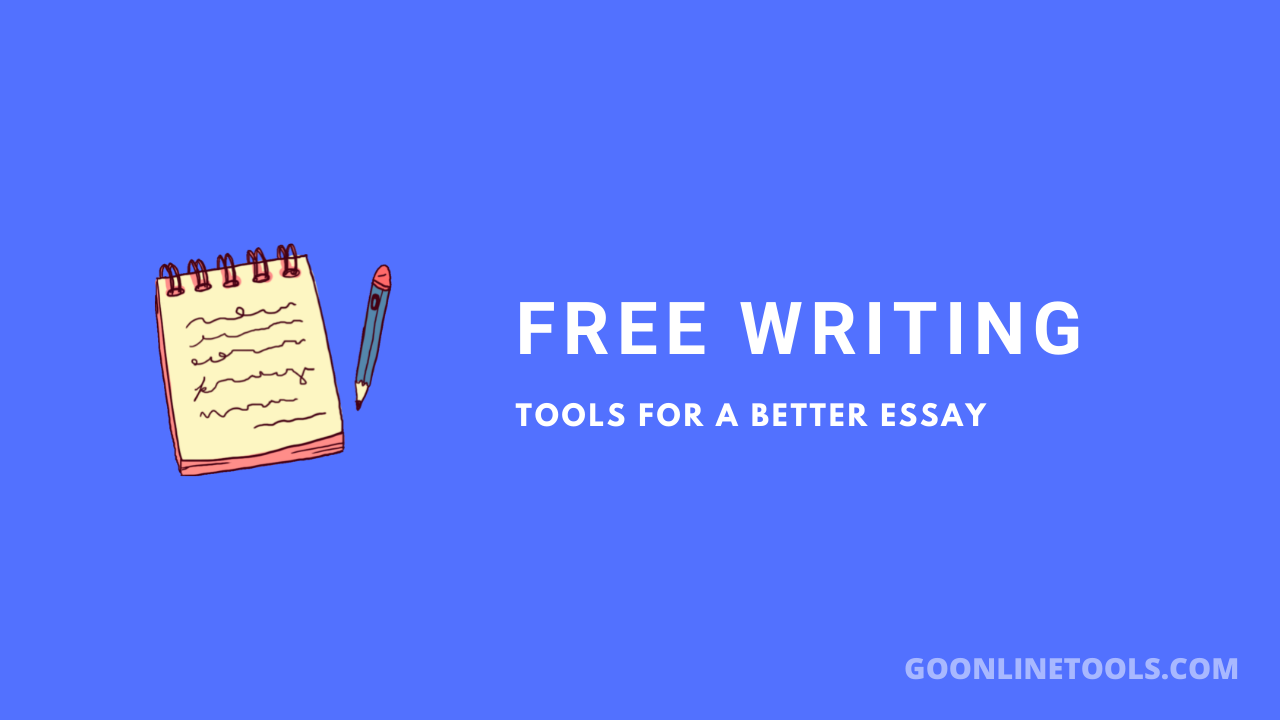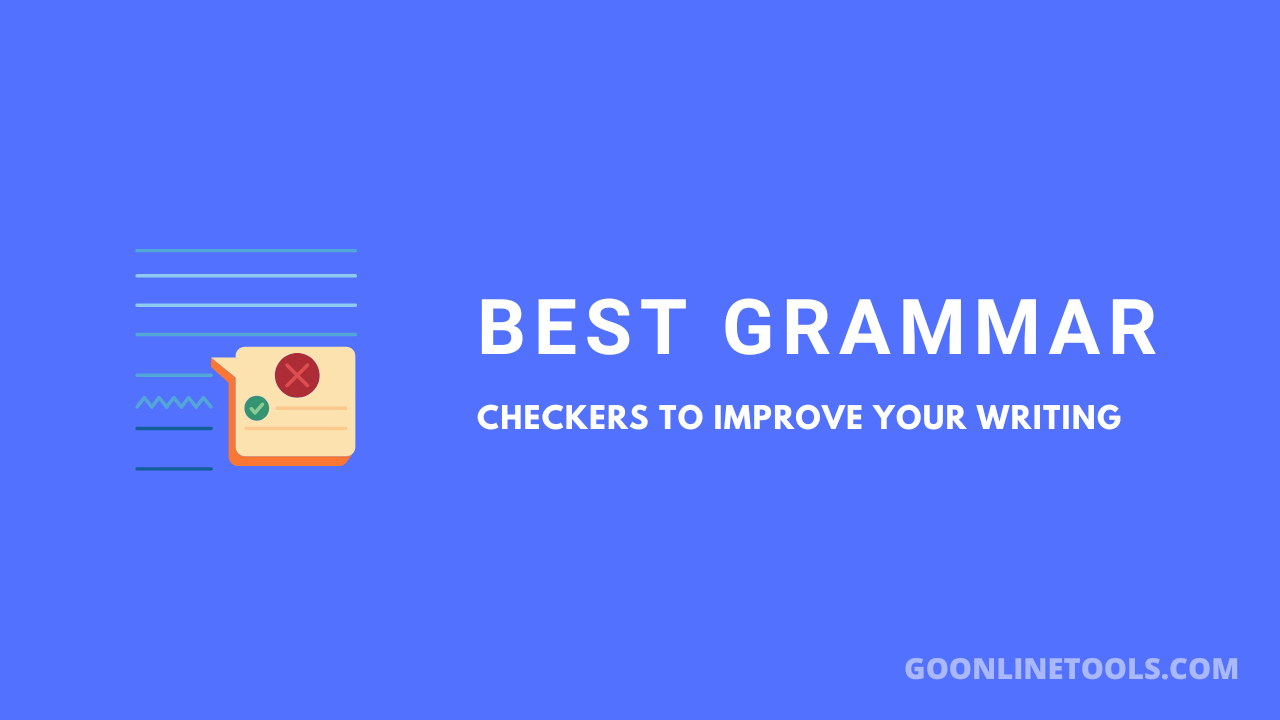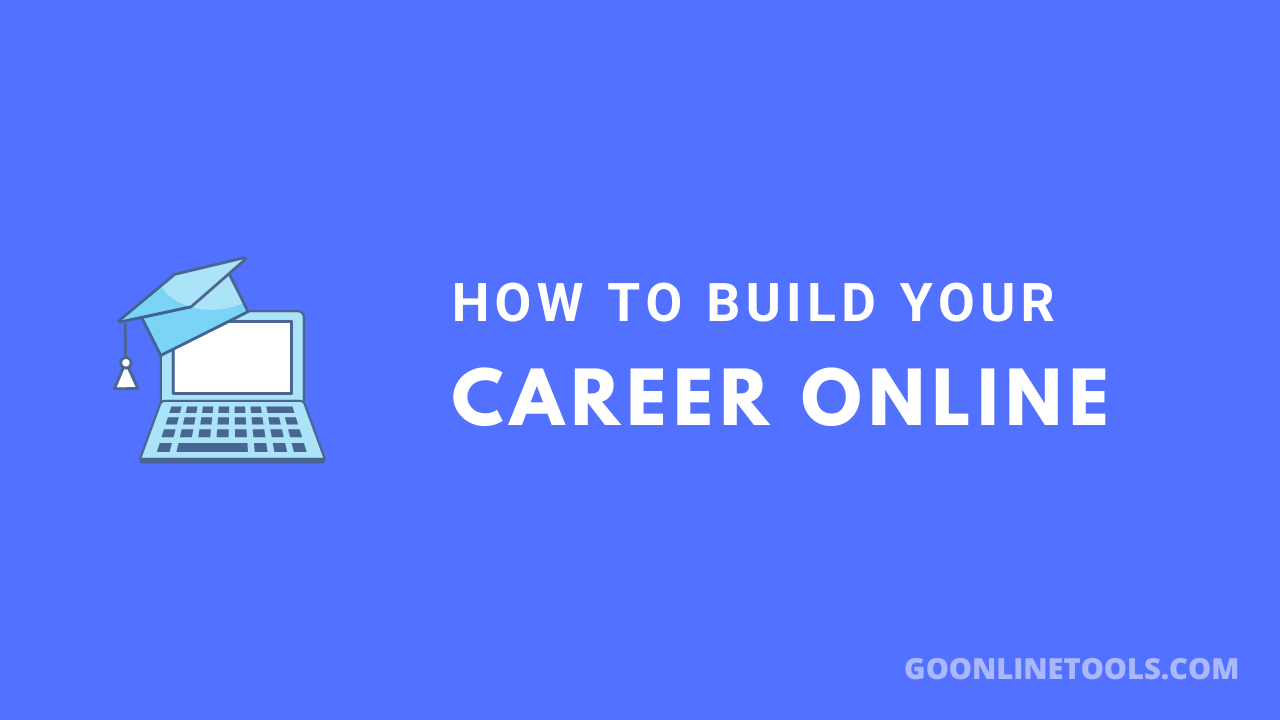
So you’re at your desk on a Monday morning, staring at the screen, and you get that feeling again. Maybe it’s the job, maybe it’s the whole industry, or maybe it’s just this sense that you should be doing something that actually matters to you. Whatever it is, you know something needs to change. But figuring out what comes next? That’s the hard part.
The good news is you don’t have to drop a few thousand dollars on career coaches or fancy assessments to figure this out. In 2025, some of the best career assessment tools out there won’t cost you anything.
And this isn’t just a small problem. Look at the numbers:
- 52% of workers are thinking about switching careers this year, compared to 44% two years ago
- Most people will actually change careers (not just switch jobs) somewhere between 5 and 7 times in their working life
- 65% of people who’ve used career assessments say they felt more confident about their decisions afterward
- People who actually plan their career moves tend to earn about 20% more than those who just wing it
The problem is that with everyone changing careers these days, it’s really easy to feel overwhelmed or just make snap decisions without really thinking things through. That’s what makes career assessment tools valuable. They help you figure out what you’re actually good at, spot opportunities you might have missed, and make choices that line up with what you care about.
So which tools are worth your time? I’ve put together six of the best free career assessment tools that can help you make smarter decisions about where you’re headed. And no, these aren’t those silly personality quizzes that tell you what animal you are or whatever — these are actual practical tools that give you insights you can act on right away.
The 6 Best Free Career Assessment Tools
1. Career Aptitude Test — Best for Career Changers
Ever get that feeling that maybe you’re in the wrong field? The Career Aptitude Test helps you figure out what careers actually fit with your natural abilities, what interests you, and who you are as a person.
This isn’t one of those tests that asks you what your favorite color is and then tells you to be a graphic designer. It looks at your skills from a bunch of different angles—how you think through problems, how creative you are, how you work with people, that kind of thing. What you end up with is a real breakdown of career fields where you’d probably do well and actually feel good about what you’re doing.
Why it’s worth your time:
The test uses actual research to match you up with real careers. You won’t get vague stuff like “you’d probably like helping people.” Instead, you get specific career ideas along with info about whether those fields are growing, what you’d actually be doing day-to-day, and what skills you’d need to pick up.
Who should use it:
- People thinking about changing careers but not sure where to go
- Recent grads trying to figure out what to actually do with their degree
- People who’ve been working for a while and feel like they’re stuck in place
- Anyone who’s ever thought “I should be doing something else”
What sets it apart:
A lot of aptitude tests just focus on your personality, but this one also looks at the practical side of things—like what’s happening in the job market and what skills different careers actually require. It’s not only about what you might like doing. It’s about what paths make sense and are actually growing.
2. Career Fitter — Best for Understanding Your Work Style
Here’s the thing: not every career is the same, and more importantly, not every work environment is going to be a good fit for you. Career Fitter helps you figure out how you like to work and what kind of environments are going to make you productive and happy.
Career Fitter looks at your work style preferences. Do you do your best work when things are structured and organized, or do you need room to be creative and do your own thing? Are you better working on your own or with a team? Do you like getting into the details, or would you rather think about the big picture?
Why it’s worth your time:
You don’t just get job titles thrown at you. You actually learn about the kind of company culture, management style, and day-to-day work setup that fits how you naturally operate. And this matters a lot, because even a job that sounds amazing on paper can make you miserable if the environment’s all wrong.
Who should use it:
- People who’ve taken jobs that seemed perfect but just felt off once you were actually doing them
- Anyone who likes what they do but hates where they’re doing it
- Job hunters trying to figure out if a company’s actually a good fit beyond just the salary and benefits
- Anyone wanting to set up their work situation so they can actually do their best work
What sets it apart:
Most career tools are all about “what” you should be doing for work. Career Fitter is more about “how” and “where” you should be doing it. And honestly, that’s usually the thing people miss when they’re trying to figure out why they’re unhappy at work.
3. Pay Raise Calculator — Best for Salary Negotiations
Let’s talk about money. One of the most stressful parts of managing your career is knowing if you’re actually getting paid what you should be—and then having the guts to ask for more. The Pay Raise Calculator makes this whole thing a lot less scary.
This tool helps you figure out what kind of salary increase you should actually be going after. It looks at stuff like what you’re making now, what’s normal in your industry, how you’ve been performing, cost of living changes, and what’s going on in the market. It doesn’t just tell you “ask for 10% more.” It helps you put together a real argument for why you’re worth what you’re asking for.
Why it’s worth your time:
When you go into a salary conversation with actual data about what people in your position make and a solid calculation of what you bring to the table, you’re not just crossing your fingers and hoping it goes well. You’re negotiating from a place where you actually know what you’re talking about.
Who should use it:
- Anyone getting ready for their annual review
- Job seekers who need to evaluate an offer and figure out if they should push for more
- People who have a feeling they’re not getting paid enough but don’t know how much they’re actually missing out on
- Anyone trying to plan out their financial growth over the next few years
What sets it apart:
This isn’t just some basic salary calculator. It looks at your actual situation and helps you understand not just what number to ask for, but why that number makes sense. That gives you the confidence to actually speak up for yourself.
4. Job Burnout Test — Best for Career Health Check
Here’s something people don’t really talk about: sometimes the issue isn’t that you’re in the wrong career. Sometimes you’re just burning out. The Job Burnout Test helps you figure out if what you’re going through means you need to change careers or if you just need to change how you’re approaching your work.
This assessment looks at where you’re at across a bunch of different burnout signs: how emotionally drained you are, whether you’re starting to not care, if you feel like you’re actually accomplishing anything, your work-life balance, and how engaged you feel. The results help you see if you’re just dealing with regular work stress or if this is actual burnout that you need to do something about.
Why it’s worth your time:
Burnout can wreck your career, but you can actually deal with it if you catch it early enough. This tool helps you tell the difference between “I need a week off” and “I need to get out of here,” which can save you from either making a huge decision you’ll regret or staying somewhere that’s destroying you.
Who should use it:
- Anyone who’s constantly tired, feeling negative about everything, or just checked out from their work
- High achievers who usually just power through but know something’s not right
- People thinking about quitting who want to make sure they’re doing it for the right reasons
- Managers who need to check in with themselves or understand what their team’s going through
What sets it apart:
Most burnout stuff just lists symptoms. This tool actually assesses where you’re at and gives you specific things you can do based on your situation—whether that’s learning to set boundaries, getting help, or yeah, maybe looking for something new.
5. What Jobs Will AI Replace? — Best for Future-Proofing Your Career
Let’s just say it: AI is changing things fast when it comes to jobs. If you’re worried about whether your job’s going to be around in five years, you’re not being paranoid. You’re being realistic. The What Jobs Will AI Replace? tool helps you understand how at risk you are and, more importantly, what you can actually do about it.
This tool looks at different jobs and career paths to see how vulnerable they are to AI taking over. But here’s what matters: it doesn’t just tell you if your job’s in danger. It shows you which parts of what you do are most likely to get automated and which human skills are going to become more important.
Why it’s worth your time:
Instead of just freaking you out, this tool helps you make smart decisions. Maybe AI is going to have a big impact on your job, but once you know which parts, you can start building up the skills that’ll make you irreplaceable. Or maybe your role’s pretty safe, but knowing how AI’s affecting your industry helps you stay ahead of everyone else.
Who should use it:
- Anyone whose job involves a lot of repetitive stuff or processing data
- People planning out their career for the long haul
- Anyone thinking about going back to school who wants to make sure they’re investing in skills that’ll still matter
- Career changers who want to move into something more stable
What sets it apart:
This tool isn’t just trying to scare you. It’s based on real research about what AI can actually do, and it gives you realistic timelines and strategies for adapting. So it’s actually useful for planning, not just worrying.
6. Words and Adjectives To Describe Yourself — Best for Personal Branding
Whether you’re fixing up your resume, getting ready for interviews, or working on your LinkedIn profile, the way you describe yourself actually matters a lot. The Words and Adjectives Generator helps you find the right words to represent who you are professionally without sounding like everyone else.
This tool helps you get past the boring stuff everyone says like “hardworking” or “team player” and find specific, memorable words that actually capture what makes you valuable. It gets you thinking about your strengths in different ways and gives you vocabulary that actually sounds professional.
Why it’s worth your time:
The difference between an application that gets ignored and one that gets you an interview often comes down to how you’re wording things. This tool helps you explain what you bring to the table in a way that’s clear and actually catches people’s attention, whether you’re writing your LinkedIn summary, a cover letter, or just trying to nail your elevator pitch.
Who should use it:
- Job seekers who are having trouble standing out from everyone else applying
- Anyone working on building or updating their personal brand
- People who go blank when someone asks “tell me about yourself”
- Anyone who knows what they’re good at but has trouble putting it into words
What sets it apart:
Instead of just throwing a bunch of adjectives at you, this tool helps you think about how different words signal different strengths and what you care about. That way you can put together something that sounds like you and actually works strategically.
Comparison: Which Tool Should You Use First?
| Tool | Best For | Time Required | Best Used When |
|---|---|---|---|
| Career Aptitude Test | Career changers | 15-20 minutes | You’re questioning your career direction |
| Career Fitter | Understanding work style | 10-15 minutes | Your job fits but something feels off |
| Pay Raise Calculator | Salary negotiations | 5-10 minutes | Preparing for review or job offer |
| Job Burnout Test | Career health assessment | 10 minutes | You’re feeling consistently drained |
| What Jobs Will AI Replace? | Future-proofing your career | 5-10 minutes | Planning long-term career strategy |
| Adjectives Generator | Personal branding | 5-15 minutes | Updating resume or preparing for interviews |
Getting the Most Out of Free Career Assessment Tools
Just having access to these tools isn’t enough. If you want them to actually help you, here’s how to use them:
- Don’t just take one. Each tool looks at things differently. Use a few of them together and you’ll get a much clearer picture of where you stand and where you could go.
- Answer honestly. I know it’s tempting to answer how you think you’re supposed to, but that defeats the whole purpose. These tools only work if you’re real about who you are and what you actually want.
- Actually do something with what you learn. Otherwise you’re just collecting interesting facts about yourself. After you finish an assessment, figure out at least one specific thing you can do based on what it told you.
- Check back in periodically. Your situation changes, your priorities shift. It makes sense to go through these again every six months to a year, or whenever you’re dealing with a big career decision.
- Trust your gut, too. These assessments give you useful information, but they’re not fortune tellers. Let them guide your thinking, but don’t let them make your decisions for you.
What It Comes Down To
You don’t need to spend a fortune or feel totally lost when it comes to your career. These six free tools can give you the kind of professional insights that help you make better decisions, whether you’re fresh out of school, thinking about a change, or trying to make the most of where you are now.
And here’s the thing: they don’t cost you anything except maybe an hour or two. When you think about how much your career affects everything – your income, your happiness, your whole life – taking a little time to get some clarity is probably one of the smartest things you can do.
So quit sitting there wondering if you’re in the right place, if you’re getting paid what you’re worth, or if your job’s even going to exist in five years. You can actually do something about this stuff. Just pick whichever tool addresses your biggest question right now and start there. You’ll be glad you did.
Because honestly, not planning your career ends up costing you a lot more than taking the time to figure it out.

Emily Doxon
Emily Doxon is a freelance content writer covering technology, marketing, and business-related articles. She transforms industry insights and trends into clear, engaging content and well-researched articles.
View all postsComments 0
No comments yet. Start the conversation!





